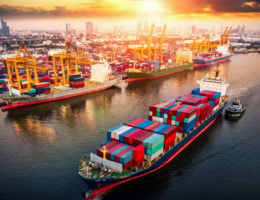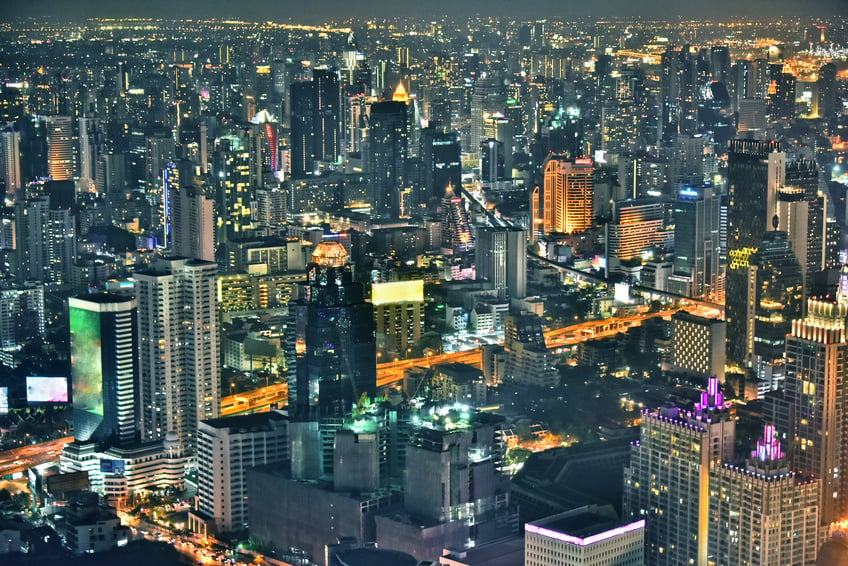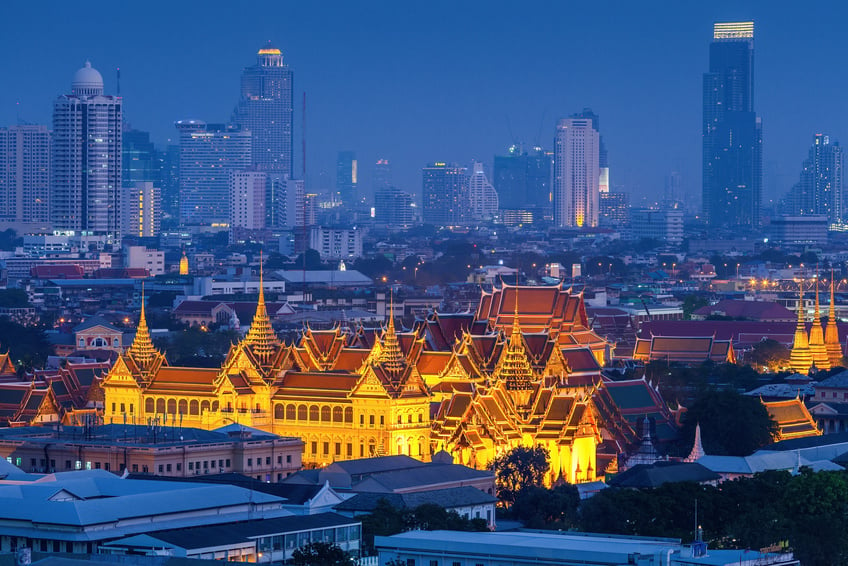Climate change and extreme weather situations have no boundaries and impact everyone in the world. To mitigate the onset of these global catastrophes, we need urgent and meaningful international collaboration as called upon in the United Nations Framework Convention on Climate Change under “Common but differentiated responsibilities” and respective capabilities, in light of different national circumstances. At present, the legally binding international treaty on climate change is the “Paris Agreement”, adopted by 196 state parties at the 21st Conference of the Parties in Paris, France, on 12 December 2015 and entered into force on 4 November 2016.
Amidst the increased focus globally on respecting and protecting human rights, in a recent seminar organized in Thailand, the special advisor to the Prime Minister of Japan responsible for international human rights matters announced the adoption of the Guidelines on Respect for Human Rights in Responsible Supply Chains by the Government of Japan.
Following the UN Climate Change Conference in Glasgow (COP26) in November 2021, almost 200 countries, including Thailand, announced their climate goals and made commitments to tackle climate change. Thailand has pledged to be carbon neutral by 2050 and reach net-zero greenhouse gas emissions by 2065. To support the government’s policy in this direction, various government agencies and public organizations, such as the Thailand Greenhouse Gas Management Organization, have been actively progressing efforts to realize Thailand’s sustainability goals through various schemes and measures that they are empowered to do under the relevant laws.
Our Asia Pacific Employment & Compensation Team is pleased to provide you with our second quarterly update for 2022 highlighting key employment law changes across the Asia Pacific region.
Discussion about and around sustainable development is more critical now than ever as governments around the world have announced their commitment to achieve carbon neutrality and net zero greenhouse gas emissions during the 26th United Nations Climate Change’s Conferences of the Parties (COP 26) in Glasgow, and Thailand is no exception. Prime Minister Prayut Chan-o-cha announced Thailand’s commitment to become carbon neutral by 2050 and have net zero greenhouse gas emissions by 2065.
Sustainability Solution EP.5 – Thai investment agency’s move to promote sustainability” is presented by our Sustainability partner Nam-Ake Lekfuangfu and Corporate lawyers experienced in foreign investment, Chana Sooppipat and Jaywon Li. In this episode our team discusses promotion schemes offered by the Board of Investment of Thailand related to sustainability, covering various industries.
This video is in Thai with English subtitles.
In our previous article, we discussed international human rights due diligence (HRDD) trends, essential element in the “S” of the ESG (environment, social and governance) movement. In this article, we will take a closer look at HRDD trends in Thailand and what the implications might be for business operators in Thailand.
In our previous article, we discussed the substantial elements in the “S” of the ESG (Environment, Social and Governance) movement in terms of human rights due diligence (HRDD), its importance, and background. In this article, we will take an in-depth look at recent international HRDD trends.
In this article, we will discuss the underpinnings of the European Union’s ambitious plan, the “European Union Green Deal”, an agenda to advance the sustainability of member economies and have far-reaching implications for Asia Pacific and Thailand in particular. Given the stringent environmental, sustainability, and other regulatory standards in the EU Green Deal’s Sustainable Products Initiative, it is essential that businesses in Asia Pacific monitor the targets and ambitions of the EU Green Deal to be prepared to comply with higher standards for imports into the EU.
At the UN Climate Change Conference in Glasgow known as COP26, countries agreed to advance the implementation of the Paris Agreement and accelerate its action plans to cut global greenhouse gas emissions. Along the line of this endeavor, the Prime Minister of Thailand, Prayut Chan-o-cha, announced Thailand’s enhanced ambition towards a low carbon society, aiming to reach carbon neutrality in 2050, and Net Zero GHG Emissions in or before 2065.









